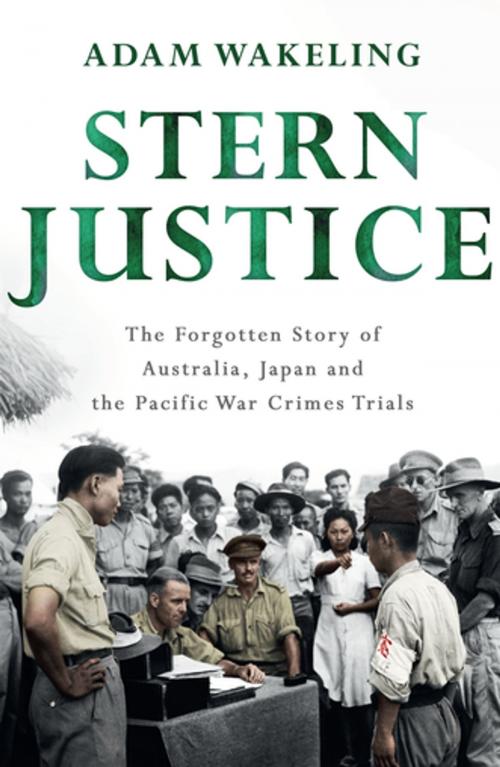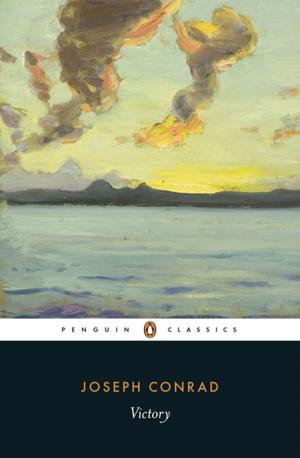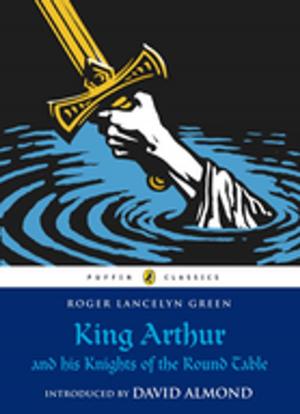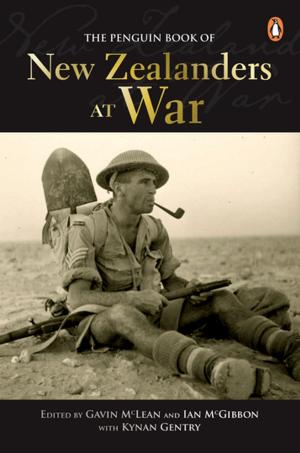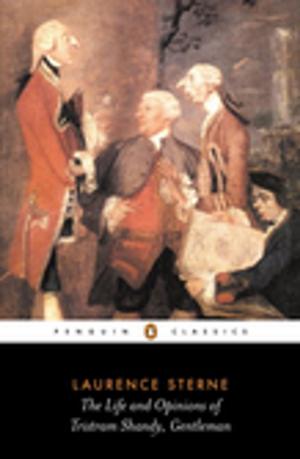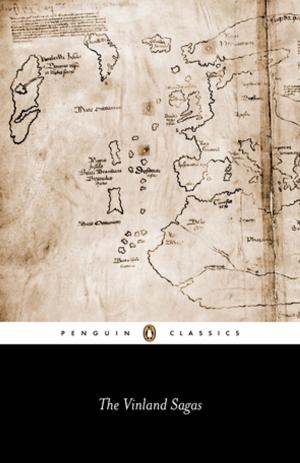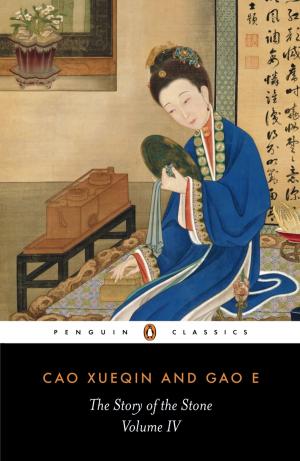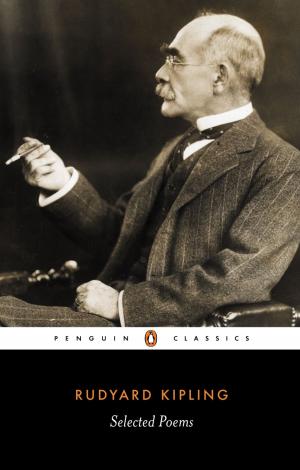| Author: | Adam Wakeling | ISBN: | 9781743773451 |
| Publisher: | Penguin Books Ltd | Publication: | September 3, 2018 |
| Imprint: | e-penguin | Language: | English |
| Author: | Adam Wakeling |
| ISBN: | 9781743773451 |
| Publisher: | Penguin Books Ltd |
| Publication: | September 3, 2018 |
| Imprint: | e-penguin |
| Language: | English |
'For the first time Australia speaks, not for herself alone, but for the whole British Commonwealth.'
So wrote a journalist about Australia's leading role in the Allied program of war crimes trials which followed the end of the Second World War in the Pacific. An Australian judge, Sir William Webb, was president of the Tokyo Trial of Japan's wartime political and military leaders, and Australia conducted hundreds of other trials throughout the Asia-Pacific region. The most tenacious of the Allied prosecutors, Australia led the unsuccessful bid to prosecute Emperor Hirohito as a war criminal and was the last country to conduct war crimes trials against the Japanese, on Manus Island in 1951.
The aim of the trials was to prevent a repetition of the horrors of the Pacific War, in which in which millions had perished, mostly civilians, and tens of thousands of prisoners of war had died in Japanese captivity. Yet debate around the trials was fierce at the time - whether they had a legal basis, whether the Emperor should have been prosecuted, and whether their devastating bombing of Japanese cities had robbed the Allies of the moral authority to put their enemies on trial.
Seventy years on, much remains to be learnt from both the successes and failures of these trials. Were they fair? Were their goals realistic? Were they acts of justice or revenge? With international law more important today than ever, Stern Justice makes an irrefutable case for not allowing them to stay forgotten.
'For the first time Australia speaks, not for herself alone, but for the whole British Commonwealth.'
So wrote a journalist about Australia's leading role in the Allied program of war crimes trials which followed the end of the Second World War in the Pacific. An Australian judge, Sir William Webb, was president of the Tokyo Trial of Japan's wartime political and military leaders, and Australia conducted hundreds of other trials throughout the Asia-Pacific region. The most tenacious of the Allied prosecutors, Australia led the unsuccessful bid to prosecute Emperor Hirohito as a war criminal and was the last country to conduct war crimes trials against the Japanese, on Manus Island in 1951.
The aim of the trials was to prevent a repetition of the horrors of the Pacific War, in which in which millions had perished, mostly civilians, and tens of thousands of prisoners of war had died in Japanese captivity. Yet debate around the trials was fierce at the time - whether they had a legal basis, whether the Emperor should have been prosecuted, and whether their devastating bombing of Japanese cities had robbed the Allies of the moral authority to put their enemies on trial.
Seventy years on, much remains to be learnt from both the successes and failures of these trials. Were they fair? Were their goals realistic? Were they acts of justice or revenge? With international law more important today than ever, Stern Justice makes an irrefutable case for not allowing them to stay forgotten.
